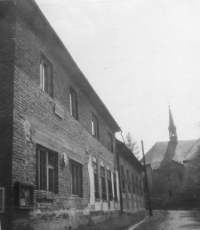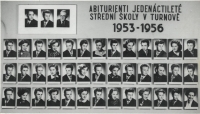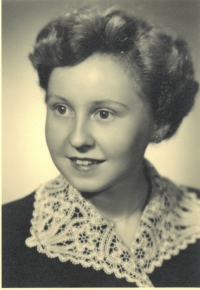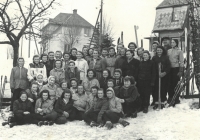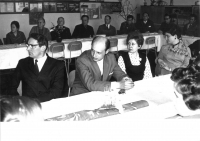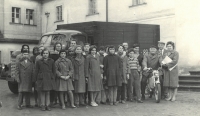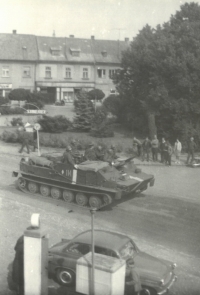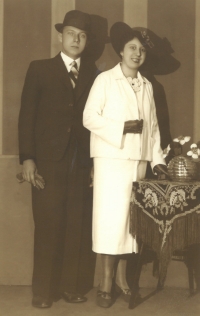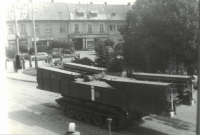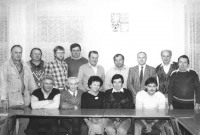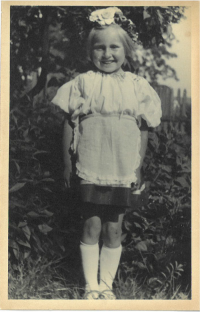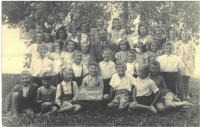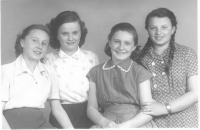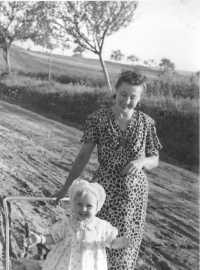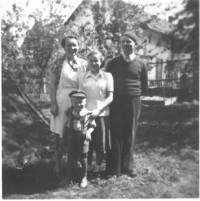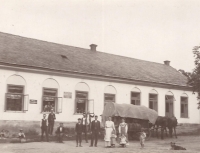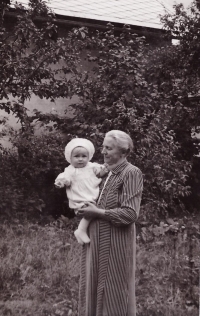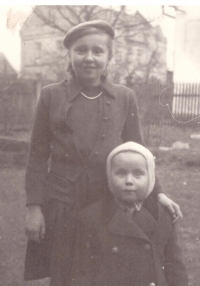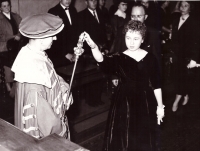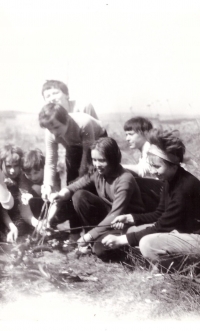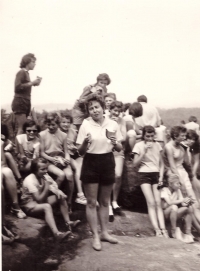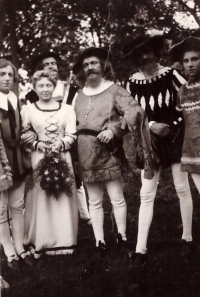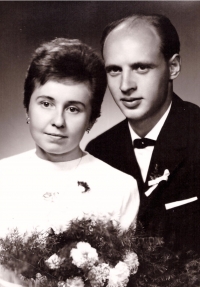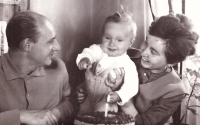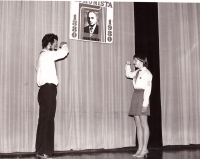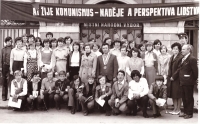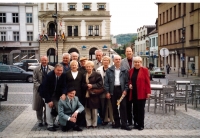We were both in the Czechoslovak Communist Party and later we paid a lot for it

Stáhnout obrázek
Helena Koníčková was born on September 23, 1938 in Přepeří in the Turnov region. Her father inherited a pub, which was taken from him after the communist coup, but later they returned it to him destroyed. Helena graduated as a secondary school teacher, and got a job at a primary school in Dolní Bousov, where she was teaching all her life. In 1958, she did not refuse to join the Czechoslovak Communist Party on her father‘s advice, which she regretted many times. During the Prague Spring and the subsequent August occupation, she was very involved, for example she wrote various protest posters and leaflets with her husband, they spoke openly at the Czechoslovak Communist Party meetings. She was removed from the Czechoslovak Communist Party during normalization checks, but she was able to stay at school and continue teaching. After November 17, 1989, the Koníčeks again became actively involved in creating social change in Dolní Bousov. In 2000 Helena Koníčková became a widow. In 2021, she still lived in Dolní Bousov. She was interested in social events. Helena was a local chronicler and she was travelling.
